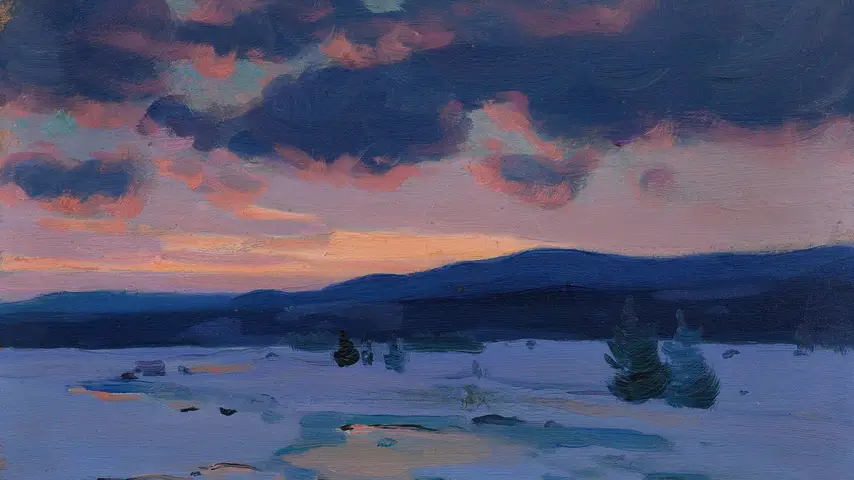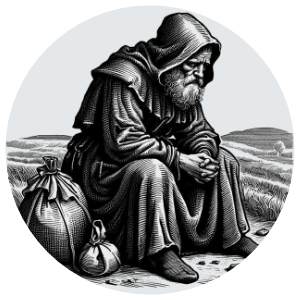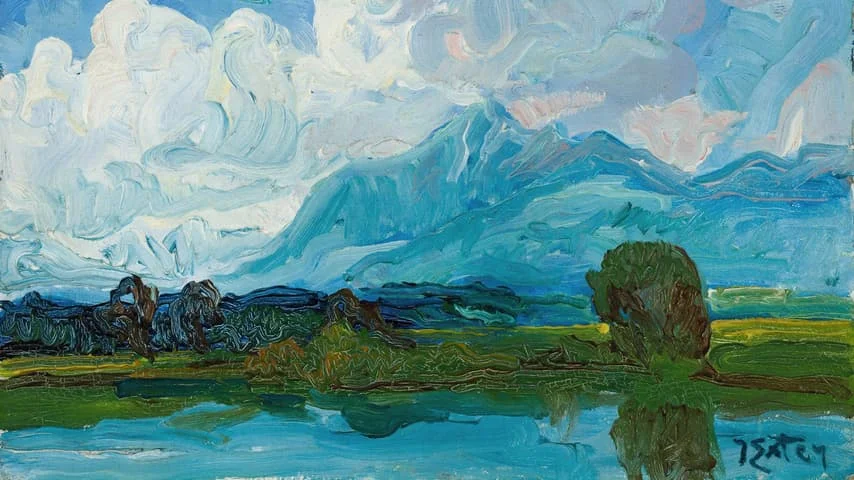Weary Pilgrim readers —
Welcome to this week’s newsletter! Inside, you’ll find a prayer I wrote based on Psalm 57, a rich and moving poem by Malcolm Guite, a pair of books I’m revisiting (yes, I do reread books — at least some), and pieces of art that have been bringing me joy.
Thank you to all the new supporters! Your partnership helps me continue offering content like this to readers like you.
A Pilgrim Prayer
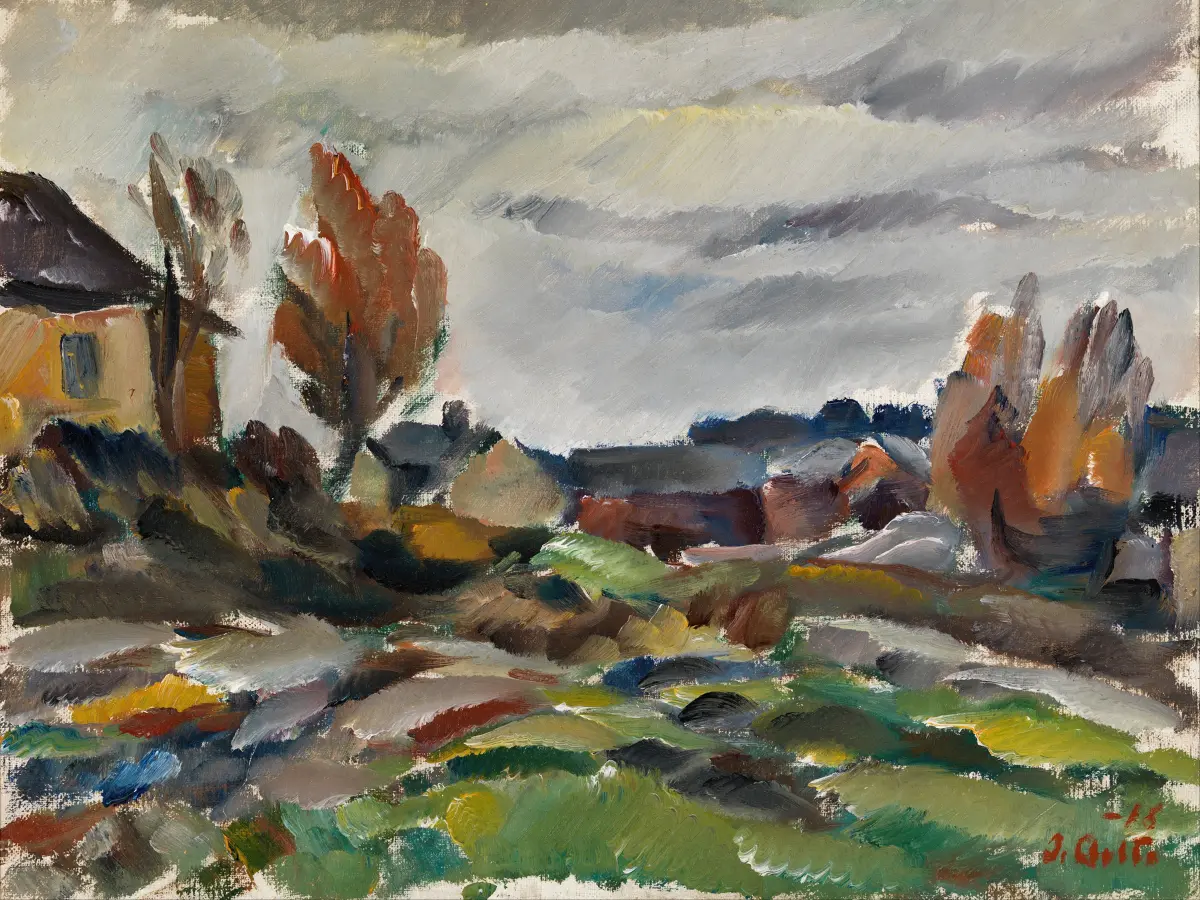
Until These Storms Pass
By Ryan Wentzel
(The following prayer draws on language and imagery from Psalm 57.)
O God, you who are my refuge amid the changes and chances of this fleeting life, be merciful to me and shelter me under the shadow of your wings until these storms pass, so that I might give you thanks and sing your praises for everyone to hear, through my strong Savior, Jesus Christ. Amen.
A Poem
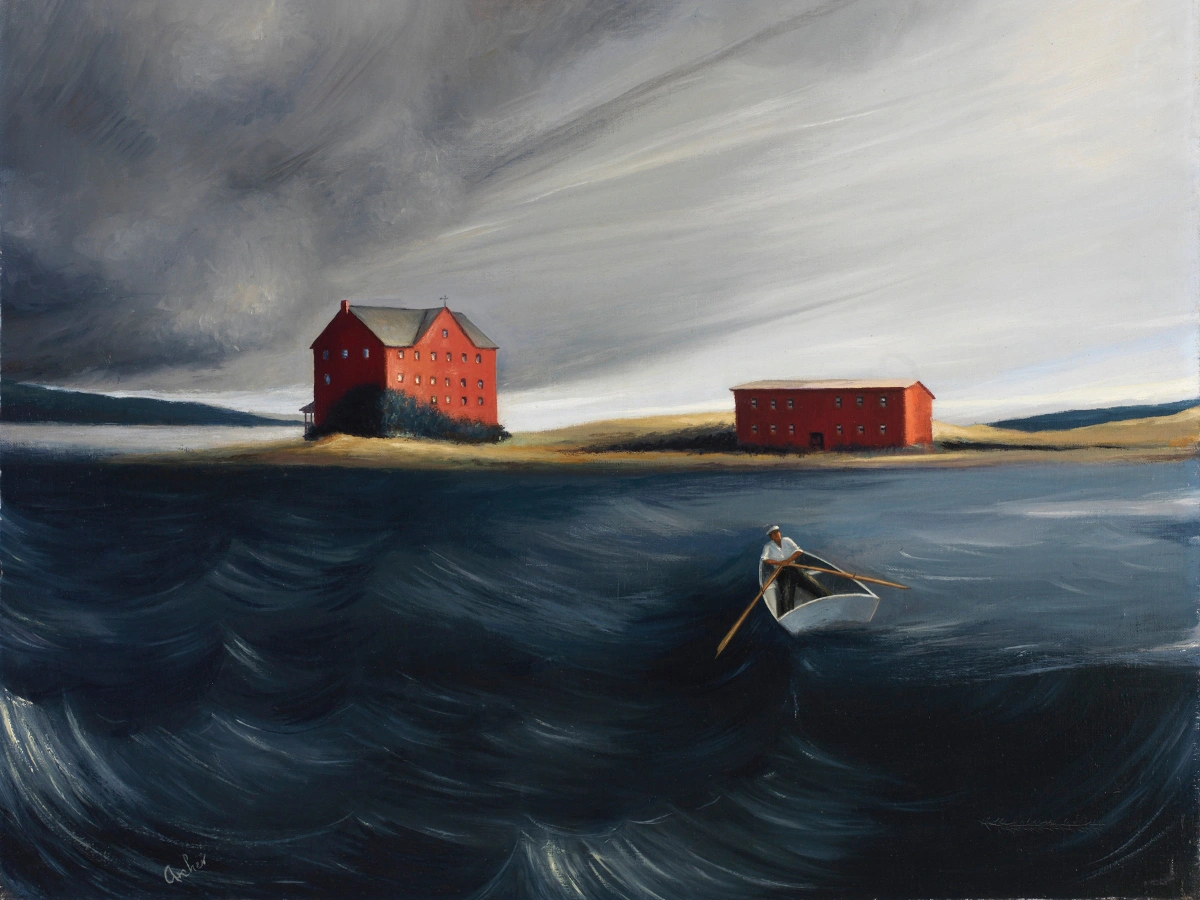
The Christian Plummet
By Malcolm Guite
Down into the icy depths you plunge,
The cold dark undertow of your depression,
Even your memories of light made strange,
As you fall further from all comprehension.
You feel as though they’ve thrown you overboard,
Your fellow Christians on the sunlit deck,
A stone cold Jonah on whom scorn is poured,
A sacrifice to save them from the wreck.
But someone has their hands on your long line,
You sound for them the depths they sail above,
One who takes Jonah as his only sign
Sinks lower still to hold you in his love,
And though you cannot see, or speak, or breathe,
The everlasting arms are underneath.
Through My Lens

Escondido, California
What I’m Reading
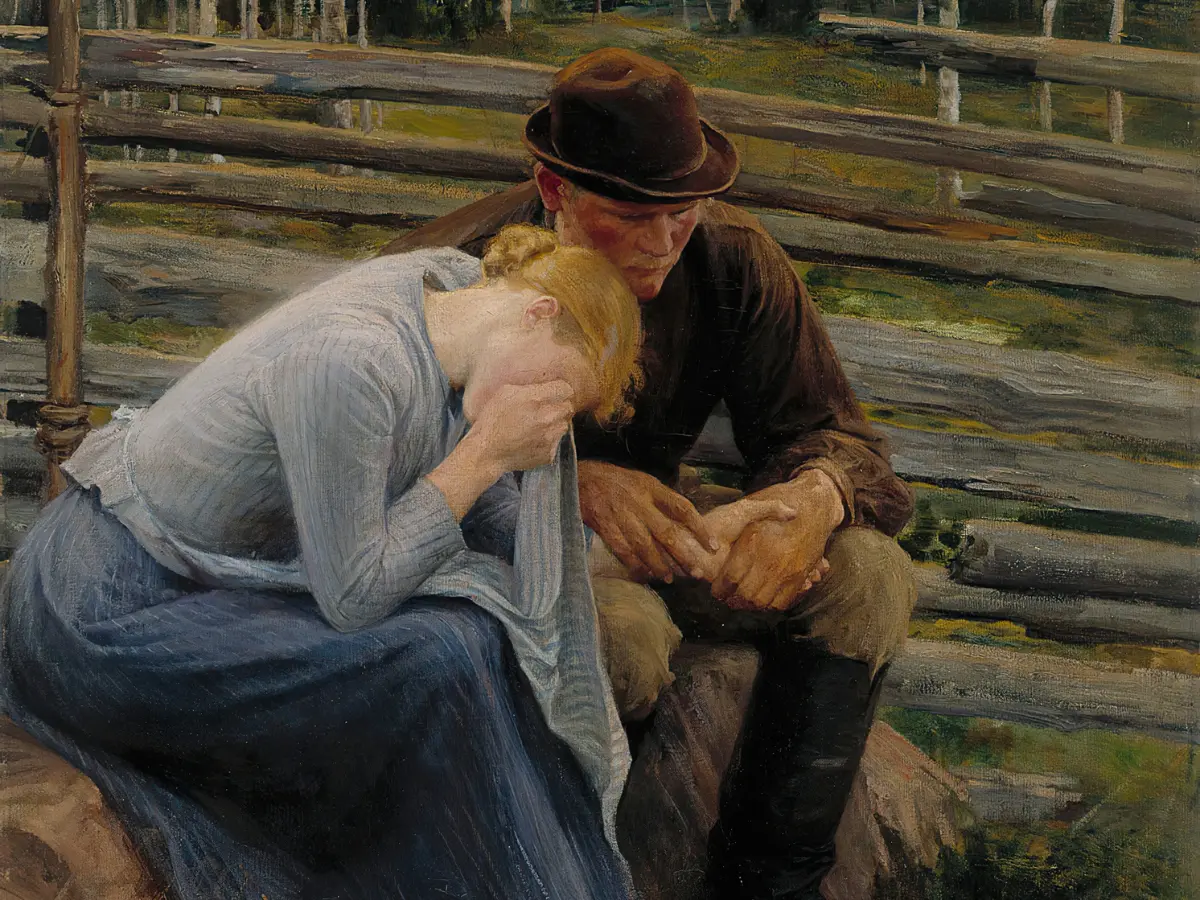
Books
Rejoicing in Lament: Wrestling with Incurable Cancer & Life in Christ by J. Todd Billings.
I first read this in 2020, and then a second time a year or two later. Now I’m diving back in again. Billings weaves together his own story of being diagnosed with incurable cancer with theological and biblical reflections on death, the life of faith, wrestling with difficult questions about God, and hoping in God’s steadfast love even when we don’t understand his ways.
Much of what I’ve learned about lament over the past half-decade came from this book. It’s emotionally honest, theologically rich, and intellectually stretching. Highly recommended.
Hannah Coulter: A Novel by Wendell Berry.
Another re-read. Of all the novels in Berry’s Port William series, this is my favorite. During a sabbatical in 2022, I visited The Berry Center in New Castle, Kentucky, and picked up a signed first edition, a treasured addition to my bookshelf.
Hannah Coulter is the story of a twice-widowed woman in her late seventies reflecting on love and loss, the deterioration of community, and the changes and chances of this fleeting life, all told with a simple beauty and grace.
An excerpt:
I began to know my story then. Like everybody’s, it was going to be the story of living in the absence of the dead. What is the thread that holds it all together? Grief, I thought for a while. And grief is there sure enough, just about all the way through. From the time I was a girl I have never been far from it. But grief is not a force and has no power to hold. You only bear it. Love is what carries you, for it is always there, even in the dark, or most in the dark, but shining out at times like gold stitches in a piece of embroidery.
By the way, the audiobook is superb.
From My Commonplace Book
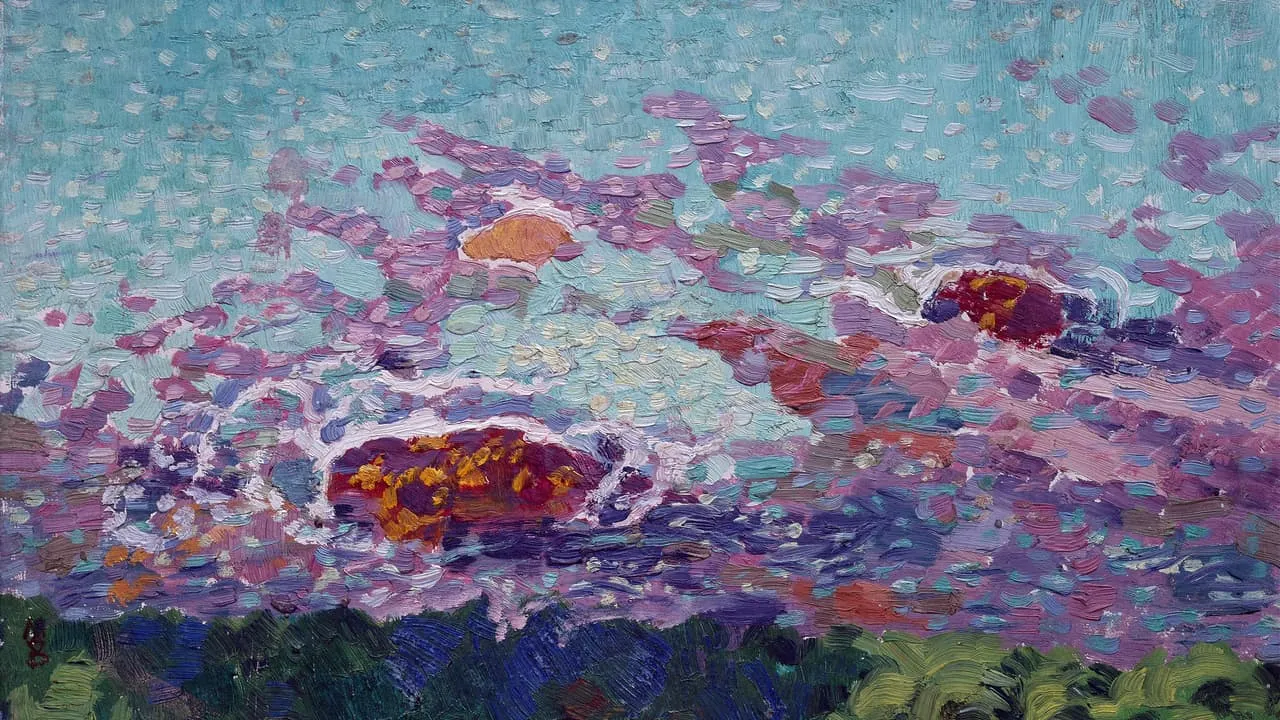
Poetry Makes Reality Real Again
Christian Wiman, a poet and author, believes that poetry has the power to rouse us from the slumber of familiarity.
Sometimes the mystery of existence — that we exist at all, that we feel so homelessly at home in this place — gets embedded so deeply in life that we no longer feel it as mystery. Language, too, partakes of this sterilizing sameness, becomes in fact as solid and practical as a piece of wood or a pair of pliers, something we use during the course of interchangeable days. Poetry can reignite these dormancies (“words are fossil poetry,” as Emerson put it), of both language and life, send a charge through reality that makes it real again.
Malcolm Guite similarly contends that poetry helps us see what’s really there — the brokenness and the beauty of life in this world. He says that poetry lifts the veil and restores our sense of wonder at it all.
Source: Christian Wiman, Zero at the Bone: Fifty Entries Against Despair (New York: Farrar, Straus and Giroux, 2023), 60.

Thanks for reading! Until next time.
